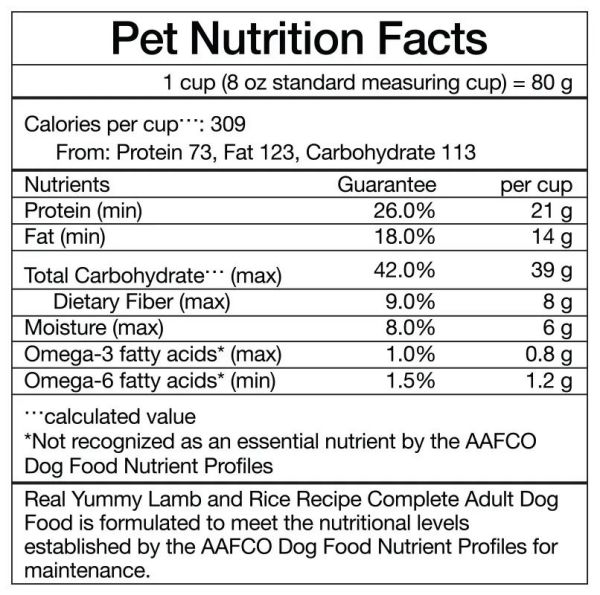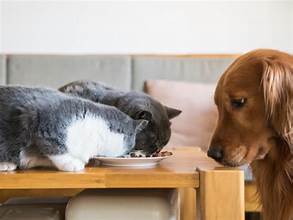Balancing a nutritious pet diet is essential to keeping your furry or scaly friend healthy. Like humans, pets need a well-rounded diet tailored to their needs, ensuring they thrive. Whether you have a dog, cat, reptile, or rodent, understanding the basics of pet nutrition can significantly improve your pet’s quality of life.
Understanding Pet Nutrition
Each type of pet has unique dietary needs. Dogs are omnivores, requiring a balance of proteins, fats, carbohydrates, vitamins, and minerals. Cats, however, are obligate carnivores, needing high levels of animal protein to thrive. For reptiles and rodents, the dietary requirements can vary even more. Researching your pet’s specific nutritional needs is crucial to provide the right balance.
Why Balancing a Nutritious Pet Diet is Important
Pet nutrition affects every aspect of your pet’s health, from its coat to its energy levels, immune system, and mental health. Poor nutrition can cause obesity, digestive problems, and weakened immune systems, so ensuring your pet’s nutritionally balanced diet is critical.
Components of a Balanced Pet Diet
1. Proteins
Proteins are the start of a healthy pet diet, providing essential amino acids for muscle development, immune support, and cellular repair. In *dogs* and *cats*, animal-based proteins from chicken, beef, or fish are critical for growth and energy. For reptiles, specific diets depend on whether they are carnivorous, herbivorous, or omnivorous.
2. Fats
Healthy fats are necessary for energy and a healthy coat. Omega-3 and Omega-6 fatty acids, in particular, are essential. They support skin health, reduce inflammation, and aid brain function. Adding fish oils or pet-friendly supplements can help balance your pet’s fat intake.
3. Carbohydrates
While not every pet needs carbohydrates, they provide energy and help with digestion in omnivores like dogs. Whole grains, vegetables, and fruits can be beneficial. However, you should limit or exclude them in a cat’s diet, as cats cannot digest plant-based carbs effectively.
4. Vitamins and Minerals
Vitamins A, D, and E and calcium and phosphorus are essential to a balanced diet. A deficiency can lead to developmental issues, bone weakness, or poor immune function. Ensure your pet gets enough through natural sources or fortified pet foods.
Choosing the Right Pet Food
When selecting pet food, always read the label. Look for high-quality, whole ingredients, and avoid foods with fillers like corn, soy, or artificial preservatives. Wet or raw food diets can benefit cats, while grain-free options may be ideal for some dogs. Reptiles, on the other hand, may require a carefully balanced mix of live or frozen prey, greens, or formulated pellets.
For pet owners making homemade meals, it’s vital to consult a vet or pet nutritionist to ensure the diet meets all of your pet’s nutritional needs. Improperly balanced homemade diets can lead to nutrient deficiencies.

Feeding Frequency and Portions
Balancing a nutritious pet diet isn’t just about the *type* of food; it’s also about *how much* and *how often* you feed your pet. Overfeeding can lead to obesity, while underfeeding can cause malnutrition. Use the guidelines provided by your pet’s food manufacturer, but constantly adjust based on your pet’s activity level, age, and health status.
Common Pet Diet Mistakes to Avoid
Feeding table scraps: Human food can often contain ingredients that are toxic to pets, such as onions, garlic, or excessive salt.
Ignoring weight management: Monitor your pet’s weight and adjust their food intake to prevent obesity.
Lack of variety: Just like humans, pets enjoy a variety of foods. Rotate proteins and add healthy treats in moderation to keep their diet interesting.
Consulting a Veterinarian
When balancing a nutritious pet diet, your veterinarian is your best resource. Regular check-ups allow them to assess your pet’s health and recommend dietary adjustments. For pets with specific medical conditions, a *prescription diet* may be necessary. Your vet can guide you in selecting the right food and supplements.
Conclusion: Prioritize Pet Nutrition for a Healthier Life
By focusing on balancing a nutritious pet diet, you’re setting the foundation for your pet’s long-term health and happiness. Whether you’re a new or seasoned pet owner, understanding the basics of pet nutrition is critical to ensuring that your pet enjoys a healthy, active life.




